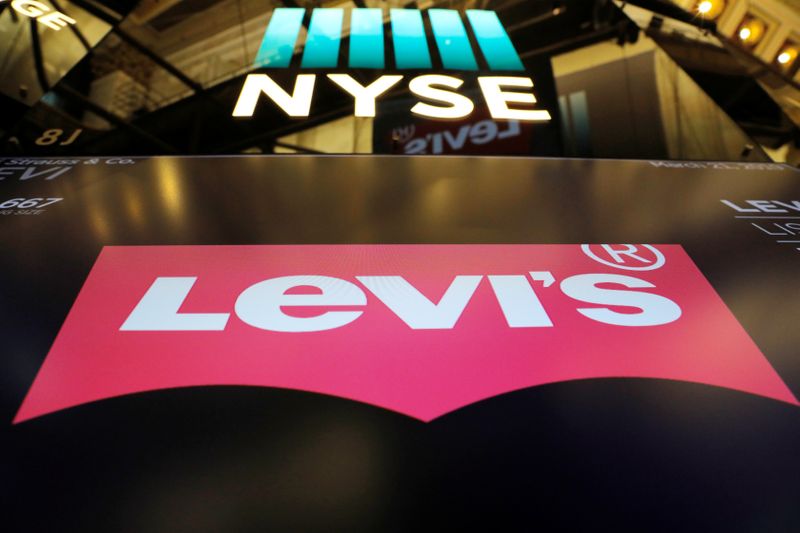UK class-action targets mobile phone operators with £3.3bn damages claim
Unlock the Editor’s Digest for free
Roula Khalaf, Editor of the FT, selects her favourite stories in this weekly newsletter.
The biggest UK mobile phone operators could face total damages of £3.3bn following class-action claims that they allegedly charged 5mn existing customers “loyalty penalties” over a 16-year period.
Claimant lawyers say they filed court documents at the Competition Appeals Tribunal against Vodafone, EE, Three UK and O2 last week. The claims accuse the phone companies of overcharging on as many as 28.2mn contracts by not reducing the amount customers had to pay after their minimum terms expired, despite them having effectively paid off their mobile devices.
The claim consists of individual lawsuits against each company, with damages sought of up to £1.4bn from Vodafone, up to £1.1bn from EE, up to £507mn from Three, and up to £256mn from O2.
Claimant lawyers at Charles Lyndon, a law firm, estimate that up to 4.8mn people could be affected. If the case is successful, someone who held a contract with one of the mobile operators could receive up to £1,823.
The claims are on an “opt-out” basis, which means all qualifying customers will be automatically included in the claim unless they make a choice not to join.
The alleged overcharging dates back to at least 2007 and runs up to the present day.
Justin Gutmann, a former head of research and insight at the charity Citizens Advice, who is bringing the claim said: “For too long these mobile phone companies have been using their dominance to rip off their customers by charging loyalty penalties.”
He added the practice was “exploitative” and that millions of people had been “taken advantage of”.
The legal action follows a 2018 “super-complaint” — a complaint made to regulators by designated consumer bodies, which can lead to enforcement action — to the UK Competition and Markets Authority from Citizens Advice about loyalty penalties across the mobile market and other sectors.
The CMA said at the time that the practice was “unfair and must be stopped”. In an update in 2020, the regulator said “significant progress” had been made in each market.
Communications regulator Ofcom in 2019 announced new protections for mobile customers including requirements that consumers had to be told the cost of buying handsets and airtime separately as well as a number of voluntary industry commitments.
Vodafone said it did not “yet have sufficient detail for our legal team to assess”.
BT’s EE said in a statement: “We strongly disagree with the speculative claim being brought against us,” adding that it had a “robust process” for dealing with end-of-contract notifications.
O2 — now merged with Virgin Media and jointly owned by Liberty Global and Telefónica — said there has been “no contact” with its legal team on this claim but that the company launched contracts a decade ago that “automatically and fully reduce customers’ bills once they’ve paid off their handset”.
CK Hutchison’s Three declined to comment.
The litigation against the telecoms groups is being funded by Litigation Capital Management.
Additional reporting by Alistair Gray in London
Source link




